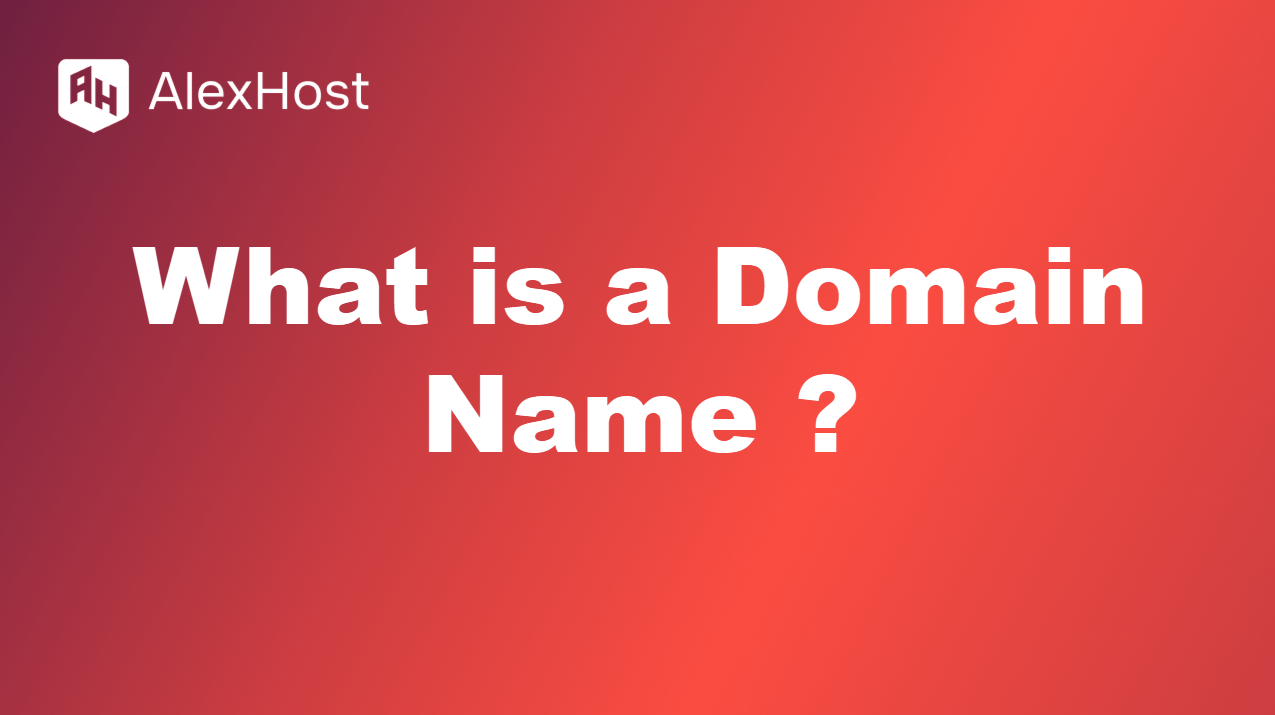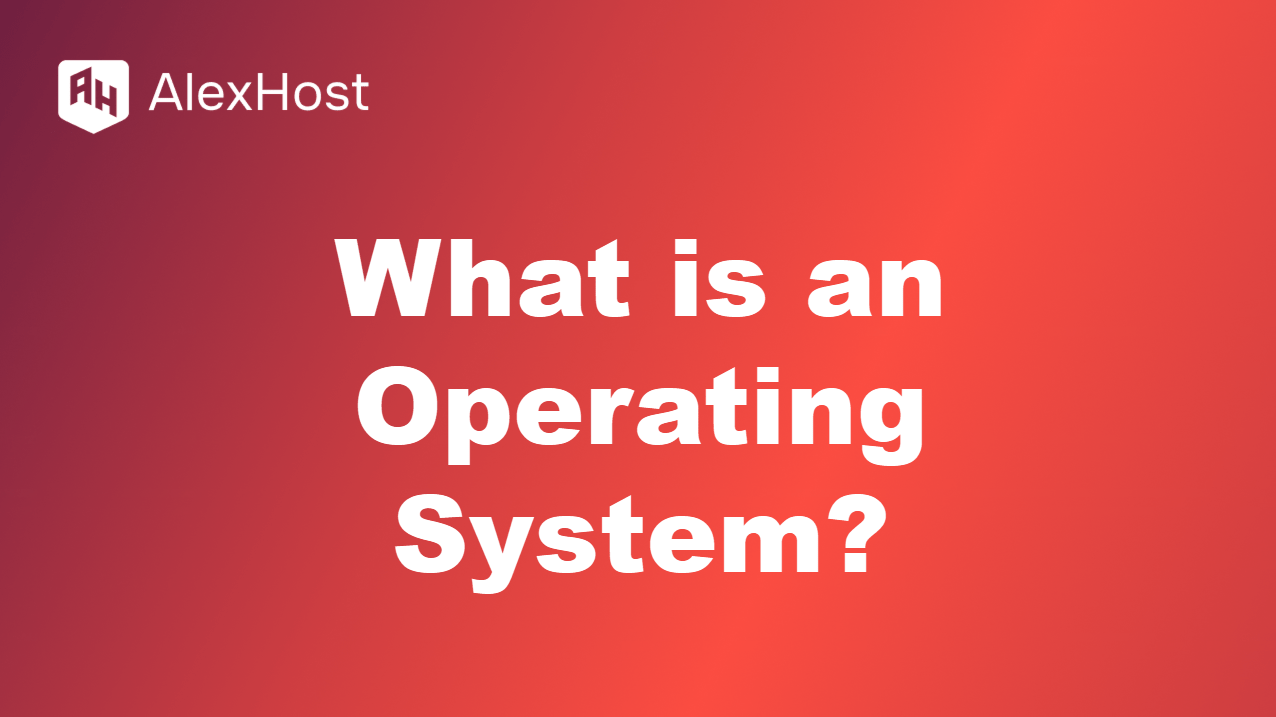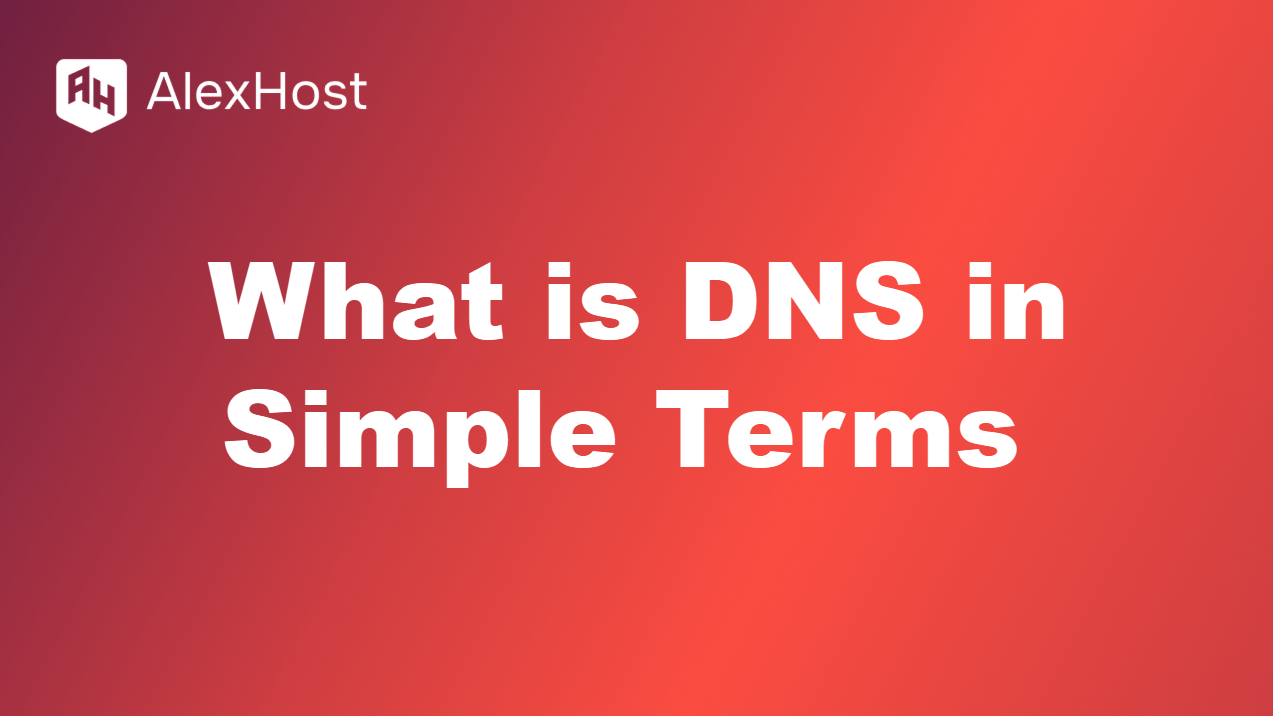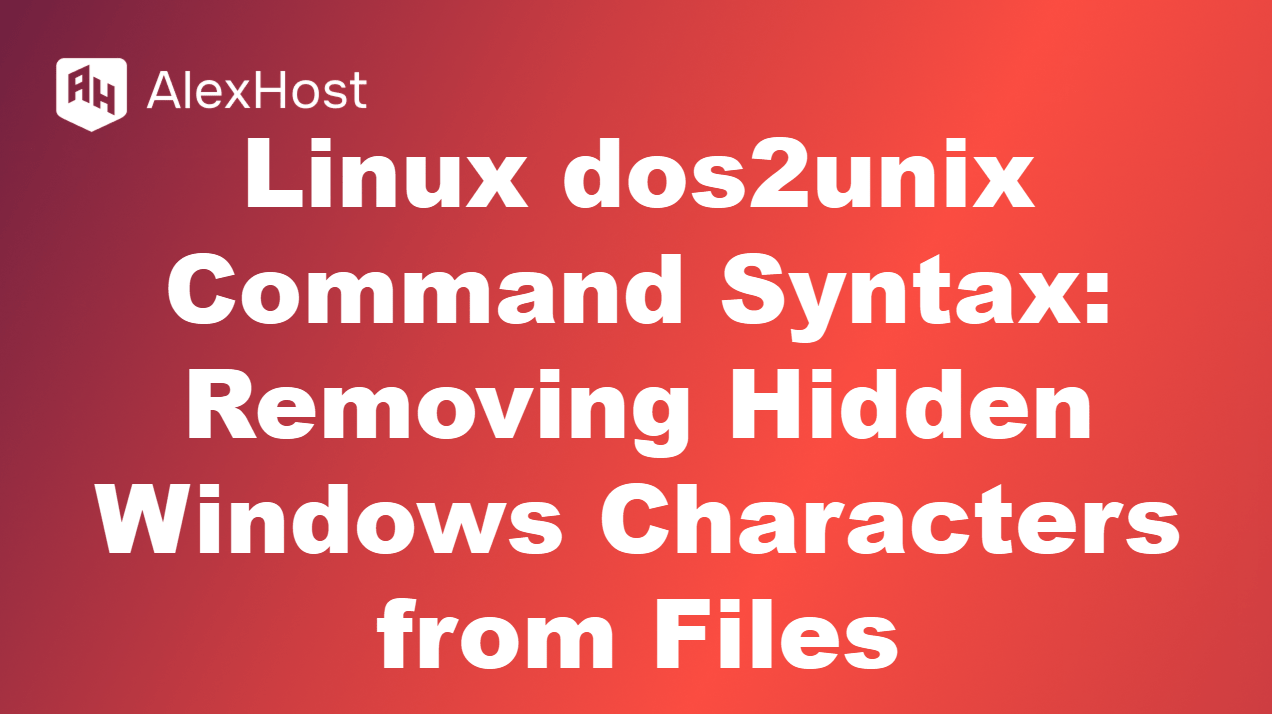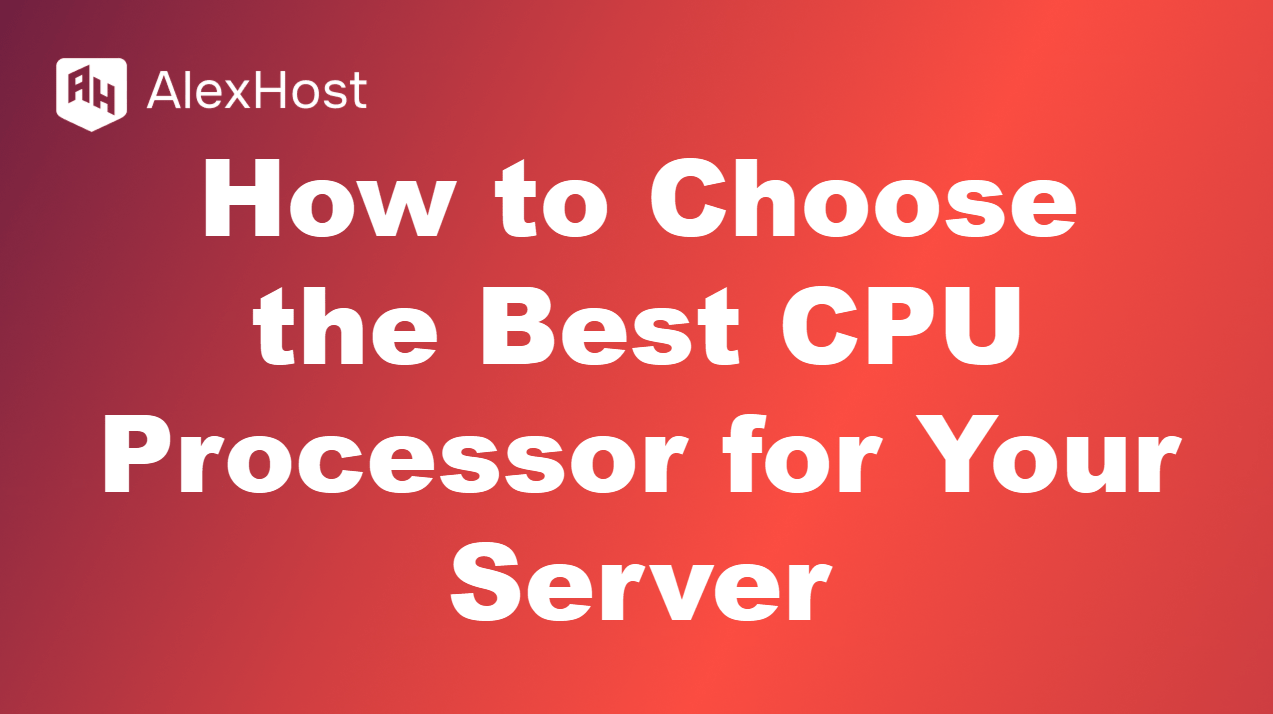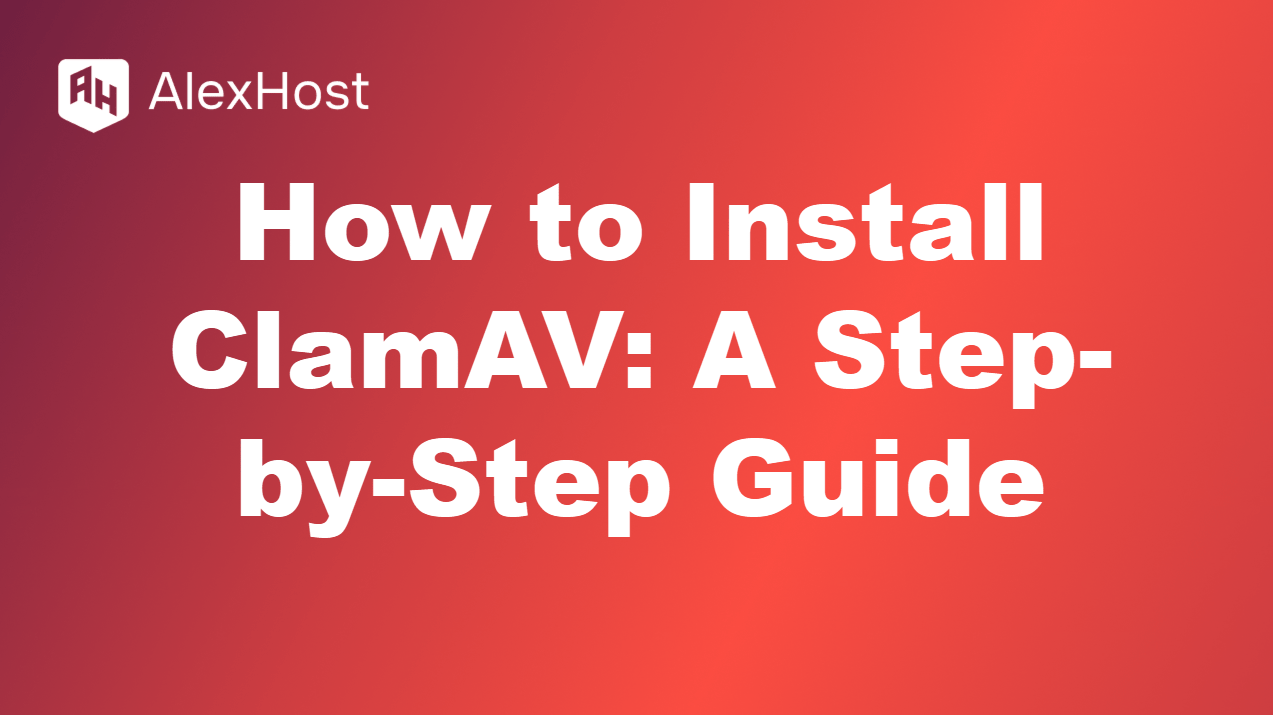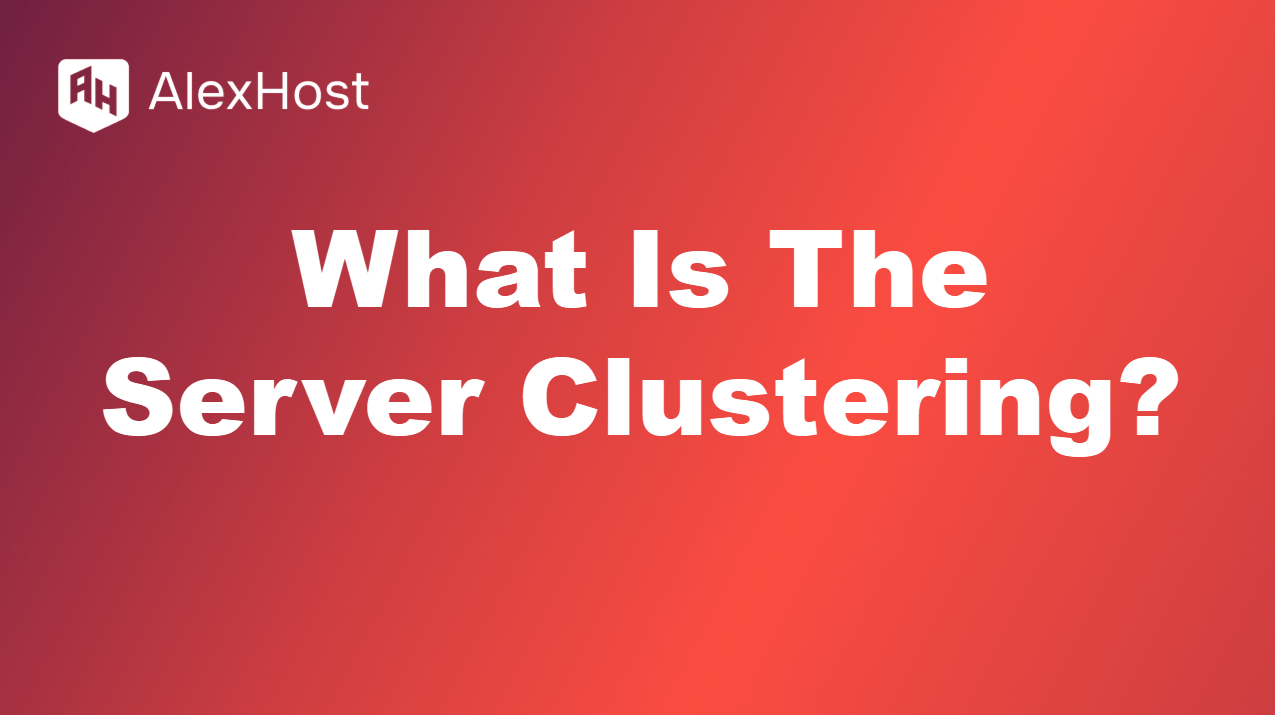A domain name is the human-readable address used to access websites on the internet. It serves as the online identity of a website and makes it easier for people to find your site without needing to remember long numerical IP addresses, which are used by computers to identify and locate servers. In simple terms, a […]
An operating system (OS) is the fundamental software that manages the hardware and software resources of a computer or device. It acts as an intermediary between the user, the applications, and the hardware, enabling them to work together efficiently. Without an operating system, it would be impossible for a computer to function properly or for […]
The Domain Name System (DNS) is an essential part of how the internet works. It acts as a translator between human-friendly domain names (like example.com) and computer-friendly IP addresses (like 192.168.1.1). DNS makes it possible for us to browse the web easily without needing to memorize long strings of numbers. In this article, we’ll explain […]
When working with text files between Windows and Linux systems, you may encounter issues due to differences in line endings. Windows uses a carriage return and line feed (CRLF) sequence (\r\n) to denote the end of a line, while Linux uses just a line feed (LF) (\n). This can lead to formatting problems and unexpected […]
Windows Remote Desktop is a powerful feature that allows users to connect to and control a computer remotely. However, to ensure security and manageability, it’s crucial to configure user access appropriately. This article will guide you through the steps to configure the Windows Remote Desktop Users Group, allowing you to manage who can access a […]
Selecting the right CPU (Central Processing Unit) for your server is crucial for ensuring optimal performance, reliability, and scalability. Whether you’re setting up a new server or upgrading an existing one, understanding the various factors that influence CPU selection can help you make an informed decision. This article provides a comprehensive guide on how to […]
Restarting services is a common task for system administrators and users managing Linux servers. Whether you need to apply changes to a configuration file, resolve issues, or simply refresh a service, doing so from the command line is efficient and effective. This article will guide you through the process of restarting services on various Linux […]
ClamAV is a popular open-source antivirus engine designed to detect and remove various types of malware, including viruses, trojans, and other malicious software. It is widely used on Linux-based systems but also supports other operating systems like macOS and Windows. One of its key features is the ability to scan files, email servers, and web […]
Server clustering is a technique used to connect multiple servers into a single, unified system that works together to improve performance, availability, and scalability. In a clustered setup, servers, often referred to as “nodes,” collaborate to process data, balance workloads, and provide redundancy to ensure that applications and services continue to operate, even in the […]
The cron utility in Unix-like operating systems allows users to schedule jobs (commands or scripts) to run automatically at specific times or intervals. Whether you’re maintaining a server or managing automated tasks on your local machine, cron is an essential tool for system administrators and developers alike. In this article, we’ll explain how to display […]







